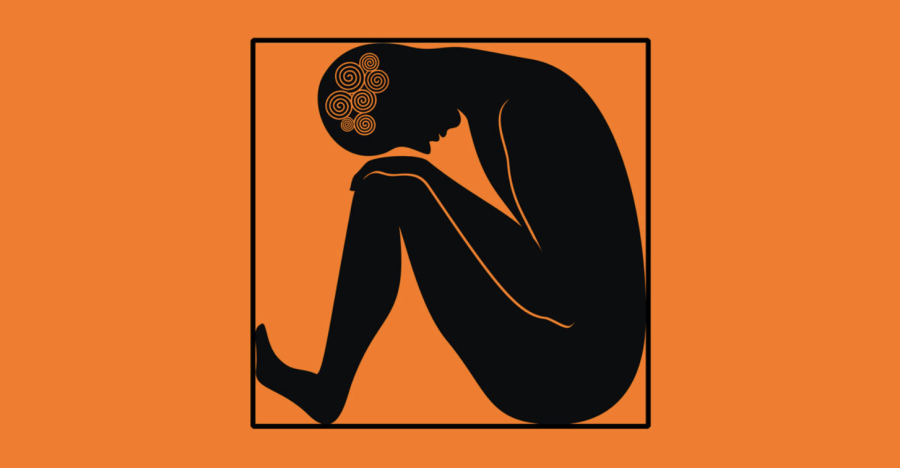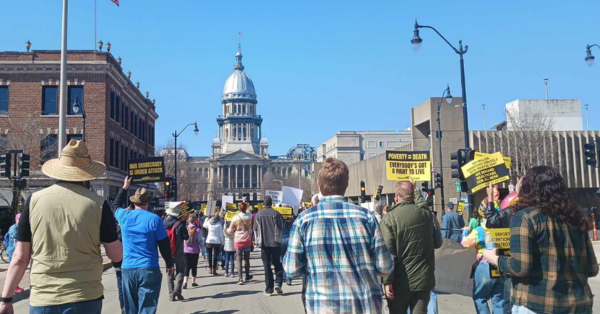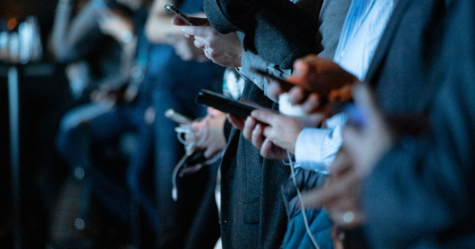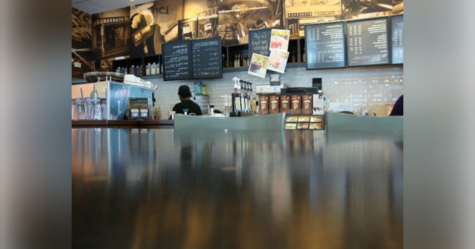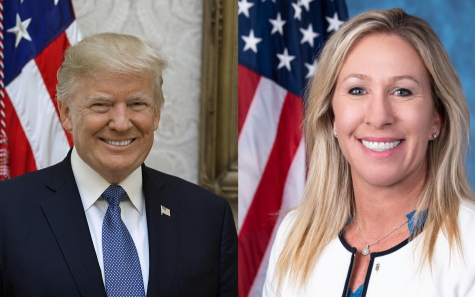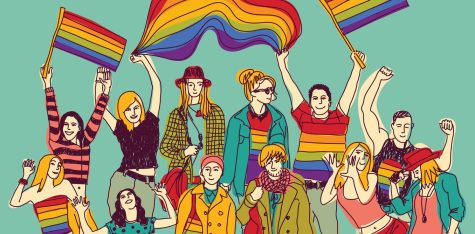The Effects of a Pandemic on Mental Health
If you are feeling nervous, sad or await doom and gloom around the corner, It is not your fault. The pandemic has taken a mental health toll for all of us, said Bethany Bilyeu, Executive Director of Student Support Services. COVID-19 not only affected people’s bodies, but also caused a mental or psychic injury for many, Bilyeu said.
“I consider the pandemic a trauma to our whole world that we have all faced,” she said. Part of the anxiety and stress is due to living in uncertainty, Bilyeu said, because there is not yet a clear light at the end of the tunnel.
“Folks are experiencing high levels of grief and loss of not only loved ones, but also of their way of life, altered by the pandemic,” Bilyeu said. She said we all face this big gap in our coping and social skills. “Because of this long pause, we are out of practice,” she said.
“College students especially develop those skills when they go off to a new school, make new friends and begin adulting in a lot of ways,” she said. With the pandemic, “that has shifted and looks different.”
One of the issues she finds students face is feeling overwhelmed and a lack of motivation. “It ties to the fact that students don’t know from day to day what the situation is going to look like … Students may ask themselves ‘I might be vaccinated, you may not be, can we hang out? Go to parties?’ There are still a lot of layers of stuff that we consider even when we hang out with people that we typically haven’t had to do before.”
Our ability to cope with challenges in interpersonal relationships and adjusting to the different academic pressures, also have been affected by the pandemic.
UIS Police have seen the effect of the pandemic with an increase in mental health related calls on campus. “People are stressed and we recognize that,” said UIS Interim Police Chief Ross Owens.
The number of welfare checks that the UIS Police Department has responded to have gone up compared to pre-COVID numbers. There were 10 calls in 2018 in contrast to 43 calls in 2019, and 24 in 2020, according to UIS Police data provided to The Journal. This year police have responded to 23 calls. Regarding calls from persons with mental health crises, the department responded to two calls in 2018, five calls in 2019, three calls in 2020 and five calls this year.
Owens said numbers are expected to increase by the end of the year. November and December, especially, are often stressful periods for students because of finals and holiday related stressors, he said.
While COVID restrictions have lightened up, Bilyeu said, “We are not at that final stage, where we can really put it behind us.” Without a clear finish line, she said it is important that we give attention to our mental health now, starting with giving ourselves the space to feel our emotions and recognize that “yes, some of these times are difficult.”
It is easy to think that because of the isolation due to the pandemic, “that I’m the only one feeling this way.” She said it is important we recognize that “we are all experiencing this together.” So, check in and see how the people around you are doing, including your friends, classmates, coworkers and family members.
Bilyeu encourages students to advocate for themselves and meet with a counselor on campus or in the community. Counseling is helpful to ‘really talk through and develop skill sets on how to manage some of these things, while we are still going through it.”



